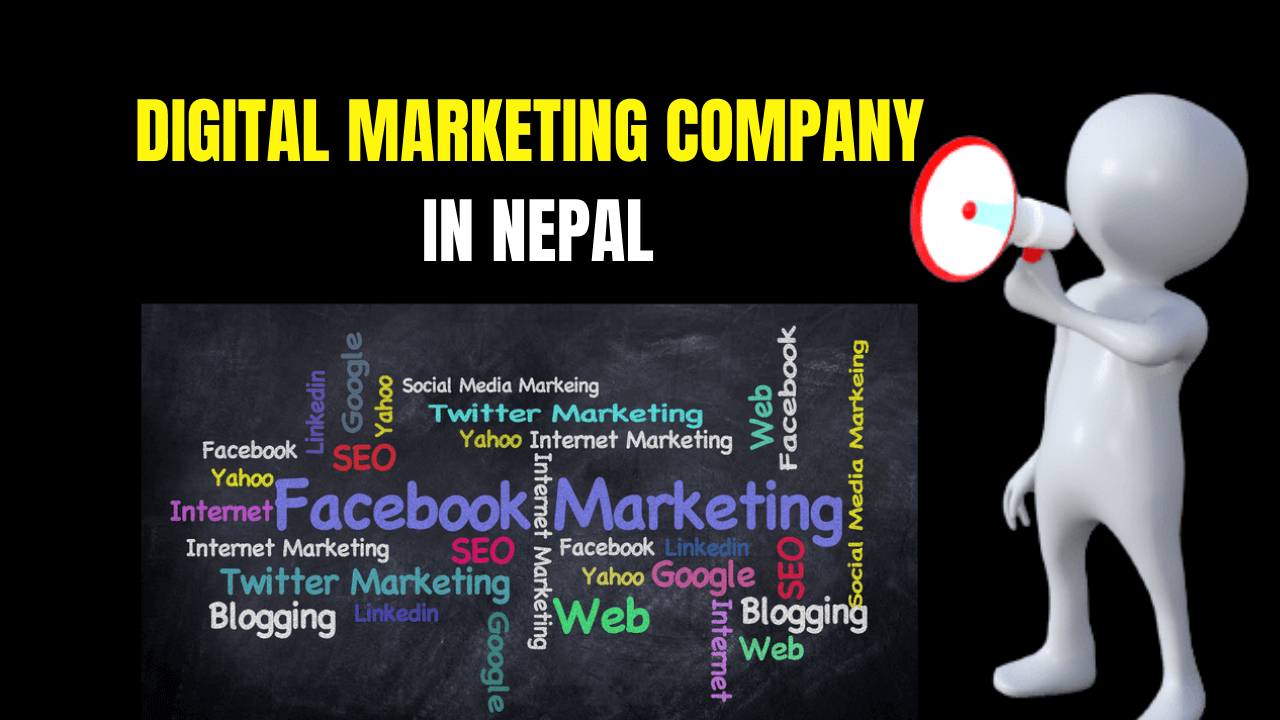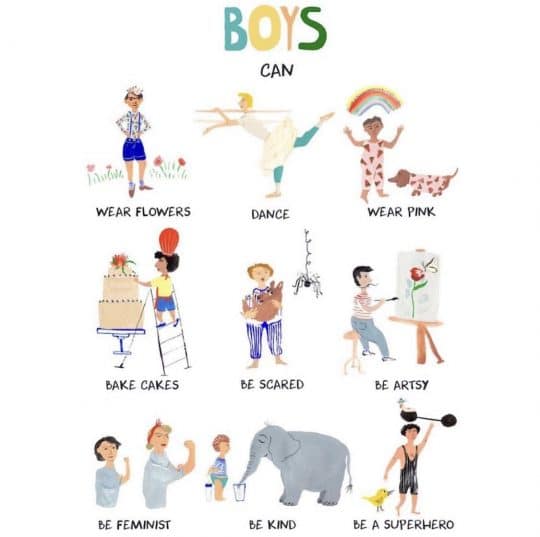Conquer Every Corner with 360 Digital Marketing Services
1 month agoGlobal Warming and Climatic Changes: Its effect and risks
3 years ago -
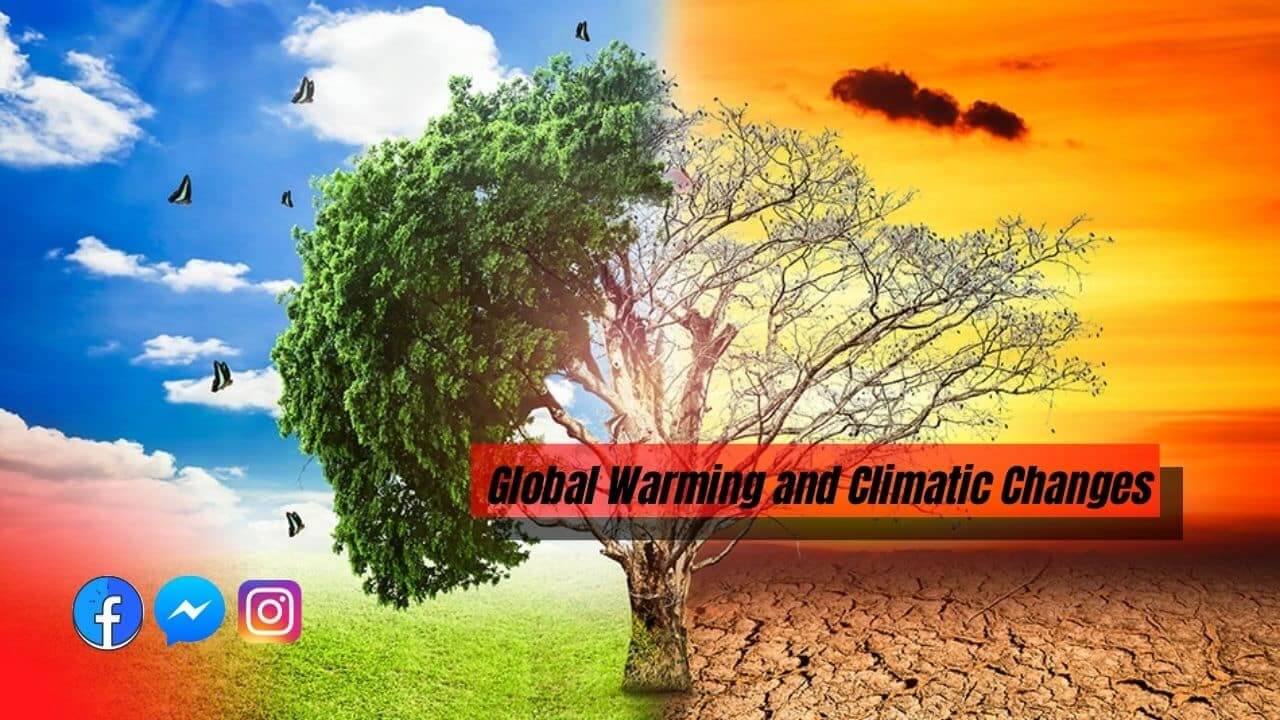
Covid-19 is harsh for immediate human and economic costs. It scales back to the year to all of us and weakens social cohesion & global cooperation. Job losses, migration, digital divide, the abrupt shift in markets, disrupted social interactions, mental health, etc. could lead to dreadful consequences, & lost opportunities from the different parts of the global population. Covid-19 is severe ongoing geopolitical tensions, societal challenges, and the existential crisis of global warming and climatic changes. This ramification will shape the effectiveness of our responses to the other key threats to the next decade (i.e., cyberattacks, weapons for mass destruction, climate change, etc.).
In the 2021 Global Risks Report, the World Economic Forum’s (WEFs) Executive Opinion Survey with support from Marsh & McLennan, highlights the disruptive implications of major risks, include the pandemic that may reshape our world now and over the next decade.
For the first time 4 out of 5 environmental risks featured in the top 20 Global Rankings. This trend is particularly pronounced in recently faced due to natural disaster destruction. Notably, Australia due to Wildlife, and Indonesia due to Flood, and while in the East-Asia & Pacific Region extreme weather events, heatwaves, earthquakes, human-made environmental catastrophes joined with natural catastrophes among the leading concerns for executives.
Global Warming Risks and Effects
After the next ten years later, the most likely risks are Weather, Climate action failure, & environmental damages as well as digital inequality, digital concentration, & cybersecurity failure.
The 16th edition of Climate Risk index 2021 clearly shows, “the signs of increasing climatic change of this year can no longer be ignored.”
Impacts of extreme weather events hit the poor countries the more, these may vulnerable to the damaging effect of a hazard, lower coping capacity, and need more time and finance to rebuild & recover. The Global Climate Risk Index highlights a level of exposure, and vulnerability to extreme weather events which countries should take as warnings to be prepared for more frequent or severe events in the future.
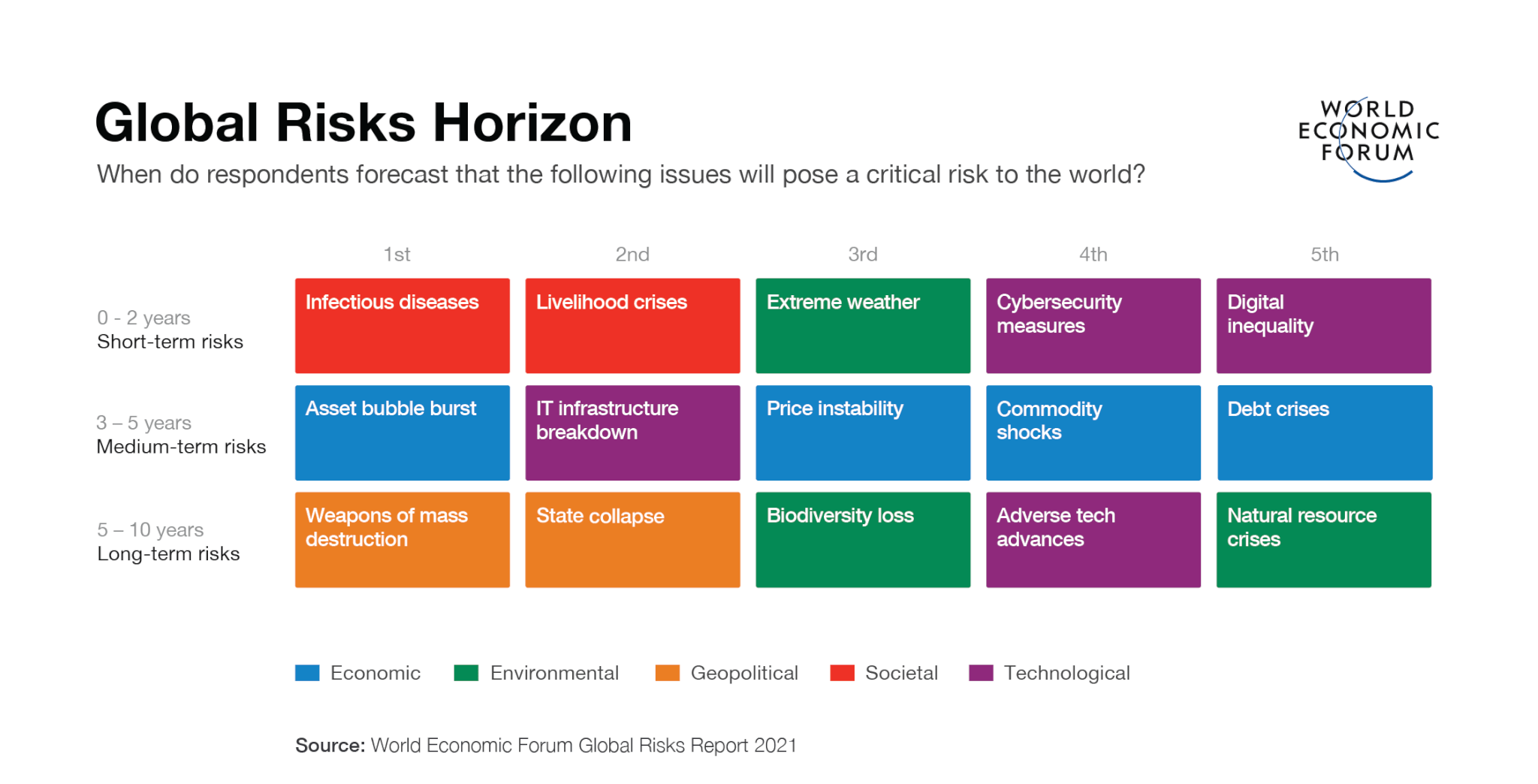
When it comes to the time horizon within which economic risks in the 3-5 years’ timeframe, include asset bubbles, commodity shocks, debt crises are followed by geopolitical risks. In the 5–10-year horizon, the environmental risks will be natural resources crises, biodiversity loss, and climate adverse effects of technology, and collapse of states or multilateral.
Climate Change impacts are likely to disproportionately across all countries and exacerbated by long-existing inequalities. We have only a short window to redress these disparities (i.e. Greener). A shift toward a Greener Production and Consumption won’t be delayed until the economies are revived. For this, the Government as well as individually and incoordination, all need to catalyze a transformation of the commingle investment in Green and economic recovery, and with the short-term measures to bridge gaps in education, health, employment, and social safety nets. All together we can avoid a fractured future by bridging these gaps and enabling opportunities for everyone.
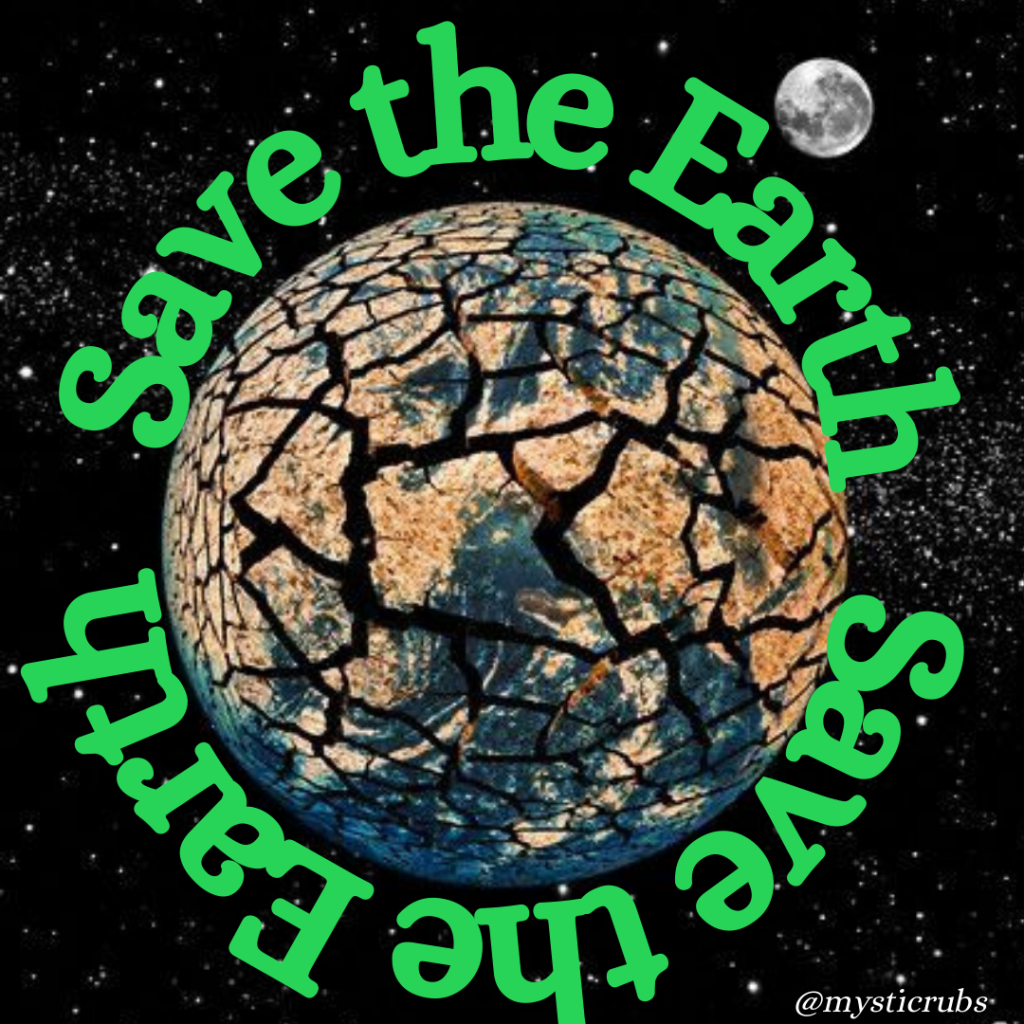
Let’s Make the Future Green!






